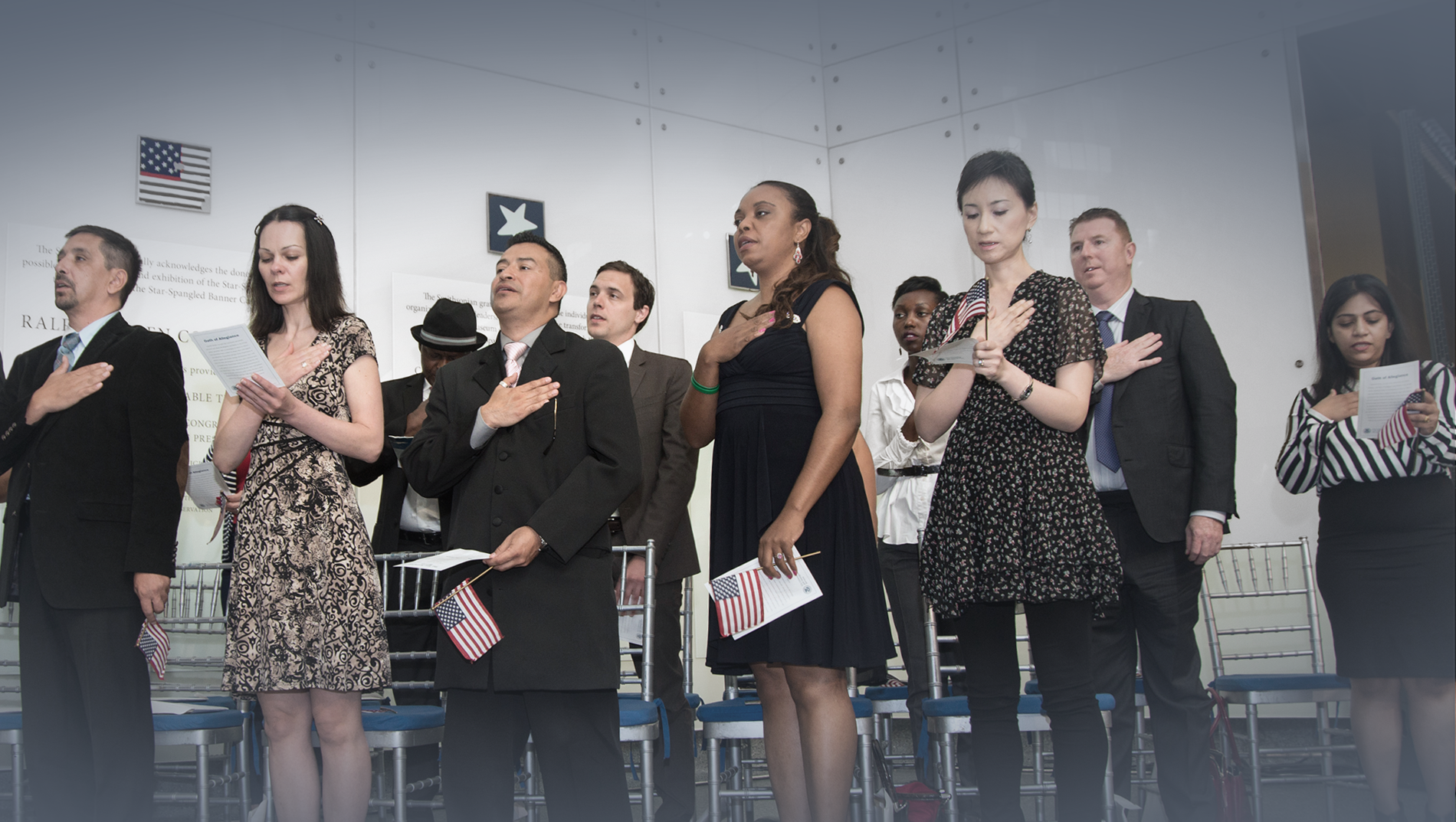Immigration 101
The U.S. immigration system is complex and can be difficult to understand. These resources provide key data points, historical information, and background on hot topics in immigration. Learn the basics about immigration. Immigration in the United States is complex and ever-evolving. Start here to understand the fundamental aspects of immigration policy, its history, and its impact on both individuals and the country at large. Learn commonly used terms about immigration law and how the U.S. immigration system is designed. Explore layered topics like how and whether immigrants can become citizens, as well as what individual protections look like under the law.
How the United States Immigration System Works
- How the Immigration System Works
- June 23, 2024
U.S. immigration law is very complex, and there is much confusion as to how it works. This fact sheet provides basic information…
Read More
Birthright Citizenship in the United States
- Birthright Citizenship
- October 16, 2024
This fact sheet explains birthright citizenship, the Fourteenth Amendment, and its interpretations. Who is…
Read More
Asylum in the United States
- Asylum
- August 27, 2014
Asylum seekers must navigate a difficult and complex process that can involve multiple government…
Read More
The High Cost of Inaction on Immigration Reform
This week the National Institute on Money in State Politics released a study on funding spent supporting and opposing immigration-related ballot measures. Immigration Measures: Support on Both Sides of the Fence examined 2008 ballot initiatives in Oregon and Arizona and found that money raised by both sides of the issue totaled more than $17.5 million. Read More

Rise in Latino and Asian Voters Marks Significant Change in Political Landscape
Today, the U.S. Census Bureau published new data, Voting and Registration in the Election of 2008, which tracks demographic characteristics of the 131 million U.S. citizens who reported that they voted in the 2008 presidential election. The Census Bureau’s new data set shows a significant increase of about 5 million voters from the 2004 presidential election—including 2 million more Latino voters and 600,000 more Asian voters. Relative to the presidential election of 2004, the voting rates for blacks, Asians, and Latinos each increased by about 4 percentage points. The voting rate for non-Latino whites decreased by 1 percentage point. Read More
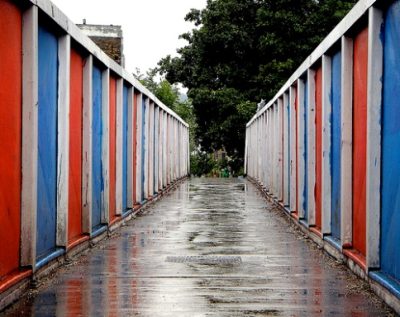
Bridging the Black Brown “Divide” with Facts
Anti-immigrant groups have repeatedly tried to drive a wedge between African Americans and immigrants by capitalizing on the myth that immigrants take American jobs—particularly jobs that would otherwise go to African Americans. That myth, as anti-immigrant groups present it, is simply not true, says Gerald Jaynes, a professor of Economics and African American Studies at Yale University. In a new Perspectives piece for the Immigration Policy Center, A Conversation about the Economic Effects of Immigration on African Americans, Jaynes dispels the myth that immigrants take “black jobs” and instead suggests we find solutions on how to lift up all low-wage American workers. Read More
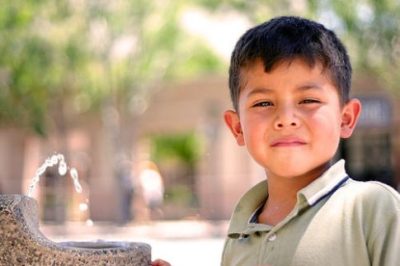
Large Immigrant Populations Keep Cities Safe, Just Ask El Paso, TX
El Paso, Texas, is a relatively poor, Hispanic, gun-friendly city and home to many undocumented immigrants. Yet although El Paso is adjacent to a violence-riddled Mexican city, it’s actually counted among the safest big cities in the U.S. Why is El Paso so safe? A recent article in Reason Online dispels some of the myths associated with immigrants and crime. Many Americans believe that immigrants—especially illegal immigrants—are associated with high levels of crime. However, according to criminologist Jack Levin, El Paso is safe because of its immigrant population. Read More
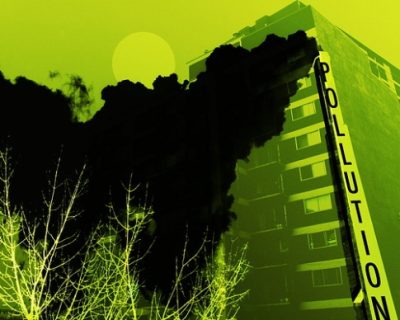
FAIR Promotes “Green Xenophobia”
In a new “special report” released on July 1, the Federation for American Immigration Reform (FAIR) regurgitates an old and deeply flawed argument: that immigration causes pollution. Specifically, the report claims that, because immigration increases the size of the U.S. population, it also increases U.S. energy consumption, which increases U.S. greenhouse gas emissions, which contributes to global warming. If this line of reasoning seems a tad weak, that’s because it is. As Andrea Nill writes for the ThinkProgress Wonk Room, the report relies largely on “anecdotes and inferences” in an “attempt to pander to progressive soft spots” on the environment. Read More

In Order to Form a More Perfect Union
As America celebrates its 233rd birthday, we are reminded of the many contributions immigrants have made to America throughout our great history. Nowhere will this be more celebrated than in the 50 naturalization ceremonies taking place around the nation this weekend where 6,000 immigrants will become Americans at venues like Disneyworld and George Washington's Mount Vernon. Five hundred of those about to pledge their allegiance to America are already defending our nation on a daily basis as members of the armed services. They will take part in naturalization ceremonies in Baghdad, Norfolk, Camp Lejeune, and Nellis Air Force Base. Read More
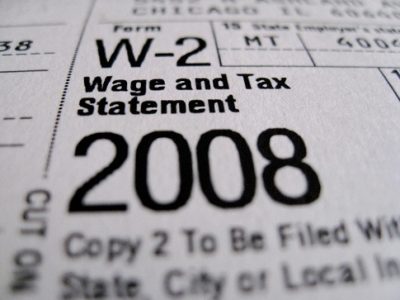
Individual Taxpayer Identification Numbers (ITINs) NOT an Immigration Benefit
There is a lot of confusion surrounding Individual Taxpayer Identification Numbers (ITINs)—what they are, who has them, and the purposes for which they are used. Immigration restrictionists take advantage of this confusion and often bring up ITINs in an effort to make it seem as if undocumented immigrants are receiving special benefits or quasi-legal immigration status. The fact is that ITINs are used to pay taxes—some legal immigrants have them, some undocumented immigrants use them, and some people who don’t even live in the U.S. have them if they need to pay U.S. taxes. Read More
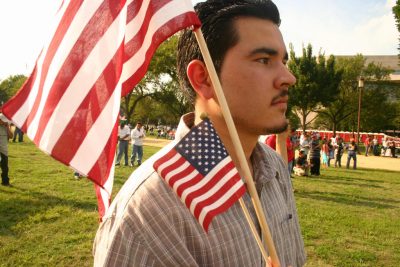
Blaming Immigrants for State Budget Deficits Doesn’t Make Sense
As state and local governments grapple with growing budget deficits brought on by the current economic recession, some pundits and policymakers are attempting to blame immigrants—particularly undocumented immigrants. According to this flawed line of reasoning, which was on display in a June 21st Sacramento Bee editorial by Daniel Weintraub entitled “The cost of illegal immigration,” if the tax contributions of immigrants in general, or undocumented immigrants in particular, don’t cover the costs of the public services they utilize in a single year, then immigrants must be a financial burden on the treasury and the majority of taxpayers. However, by this narrow and misleading measure, nearly all native-born children, retirees, and unemployed workers would also qualify as economic “burdens.” A realistic accounting of the economic “value” of any person must include the contributions they make over the course of a lifetime as workers, consumers, taxpayers, and entrepreneurs. Read More
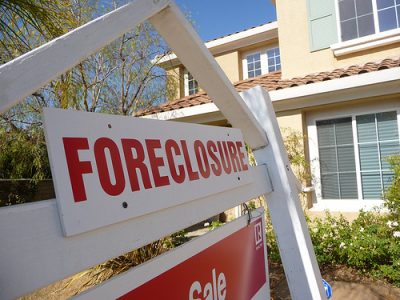
Immigrant Homebuyers Play Crucial Role in Housing Market Revival
Earlier this week, the Joint Center for Housing Studies of Harvard University released a new housing report which provides a rather grim analysis of the current housing crisis. Real home prices continue to fall and foreclosures continue to mount despite recent federal interventions. Because of job losses, decreased home prices, and tougher credit eligibility requirements, homebuyers are finding it more and more difficult to purchase homes. But, as the report notes, immigrants could be a key element to recovery. Read More
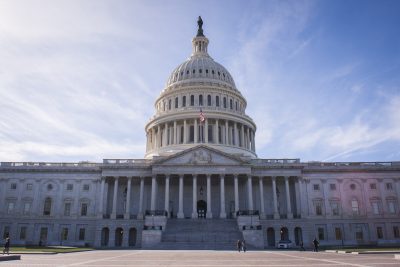
PASS ID Act Not An Immigration Solution
Introduced by Sen. Akaka (D-HI) last week with 5 co-sponsors, the “Providing for Additional Security in States’ Identification Act” (PASS ID) (S. 1261) would give states a breather from the costs and restrictions imposed by the REAL ID Act, which became law in 2005 without Congressional hearings and as part of must-pass war funding bill. The PASS ID Act, however, would do little for immigrant access to licenses and nothing for a common sense approach to immigration reform. PASS ID would repeal the REAL ID Act, which numerous states have vociferously opposed as a burdensome, unfunded mandate and akin to creation of a national ID system. Currently, 23 states have passed laws and resolutions opposing the REAL ID Act, including Arizona whose former governor, Janet Napolitano, is now the Secretary of the Department of Homeland Security (DHS). But PASS ID—like REAL ID—sets national standards for driver’s licenses. Driver’s licenses won’t be accepted for federal purposes if they don’t meet the national standards. Read More
Make a contribution
Make a direct impact on the lives of immigrants.

